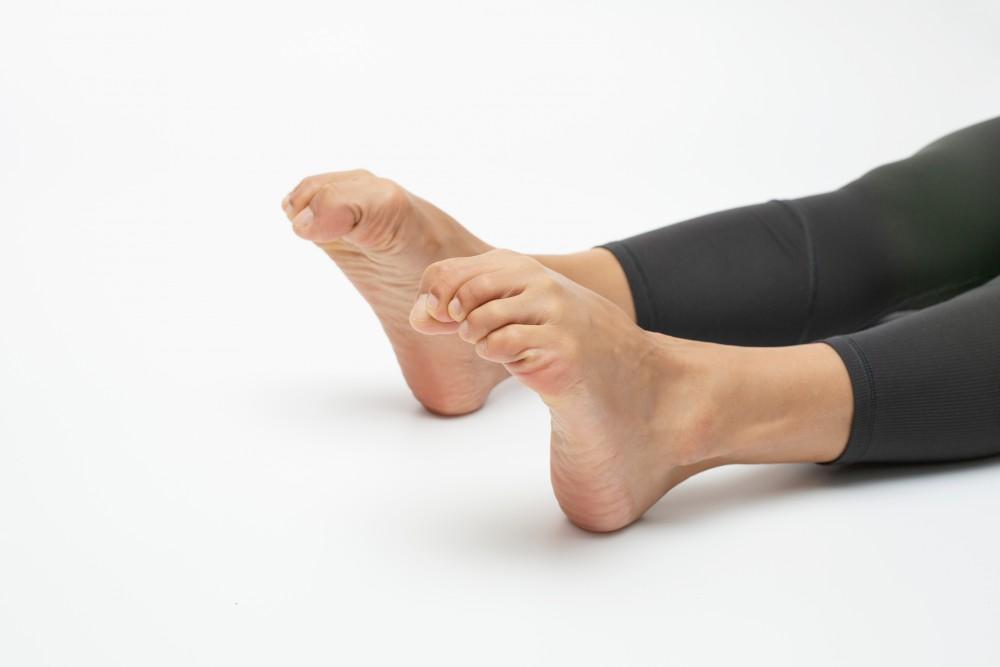
Hurt on the Field: Signs of a Head Injury

According to the Brain Injury Research Institute, as many as 3.8 million Americans experience sports or recreation-related concussions every year. You may have seen news coverage about the long-lasting effects of concussions and other head injuries or that Will Smith movie about the professional football doctor. Even if you haven’t, the moral of the story is that head injuries are serious and require medical attention.
Here at Bahri Orthopedics & Sports Medicine Clinic in Jacksonville, Florida, our orthopedics team provides expert sports medicine services, including diagnosing and treating head injuries. Many team members are also athletes themselves. The combination of medical training and athletic experience gives them valuable knowledge about recognizing a head injury and when to get treatment.
Signs of a head injury
Most people know when they bash their heads against something. In the heat of the moment, if you don’t knock yourself out, you might think that it wasn’t that bad and keep going. However, you can develop symptoms after a head injury. The typical warning signs of a minor head injury include:
- Headaches
- Dizziness or lightheadedness
- Ringing in your ears
- Minor confusion
- Nausea
More severe injuries cause more disruptive symptoms such as loss of consciousness, seizures, lost muscle control, mood changes, and abnormal eye movements and focus. You might even leak clear fluid out of your nose or ears.
When to talk to a doctor
You should make an appointment with the team here at Bahri Orthopedics & Sports Medicine if you have any of these symptoms. Untreated concussions or other traumatic brain injuries such as hemorrhages or hematomas can cause dangerous complications if left untreated. You might also want to schedule an appointment if you’ve sustained several bumps to the head, even if you don’t have symptoms.
Head injury treatments
The first step in treating a head injury is having an exam to locate and evaluate the damage. Depending on your symptoms, your exam could include neurological testing, cognitive assessment, and imaging tests. Once your physician understands your unique needs, we create a customized treatment program.
The first and most crucial step in treating head injuries is 100% rest. This includes physical rest as well as mental rest. Texting, reading, watching TicToc videos, and doing homework can all trigger symptoms and prolong your recovery. In addition to rest, we might recommend or prescribe a pain reliever.
We monitor your recovery carefully and help you to reintroduce your regular activities into your routine slowly. You might find that you get fatigued more quickly. This is normal as you recover from a head injury. Make sure to tell us about all of your symptoms during your follow-up appointments so we can recommend treatment to keep your recovery on track and safe.
Call our office or make an appointment online today if you’re concerned about a head injury. Our team provides patient-focused care designed to help you return to your regular activities quickly and safely.
You Might Also Enjoy...


Fracture Care: Nonsurgical Options vs. Surgery

Am I a Good Candidate For Shoulder Replacement?

Staying Active With Knee Osteoarthritis: Our Top Tips

Struggling with Ankle Instability? Here's How to Avoid Future Sprains


